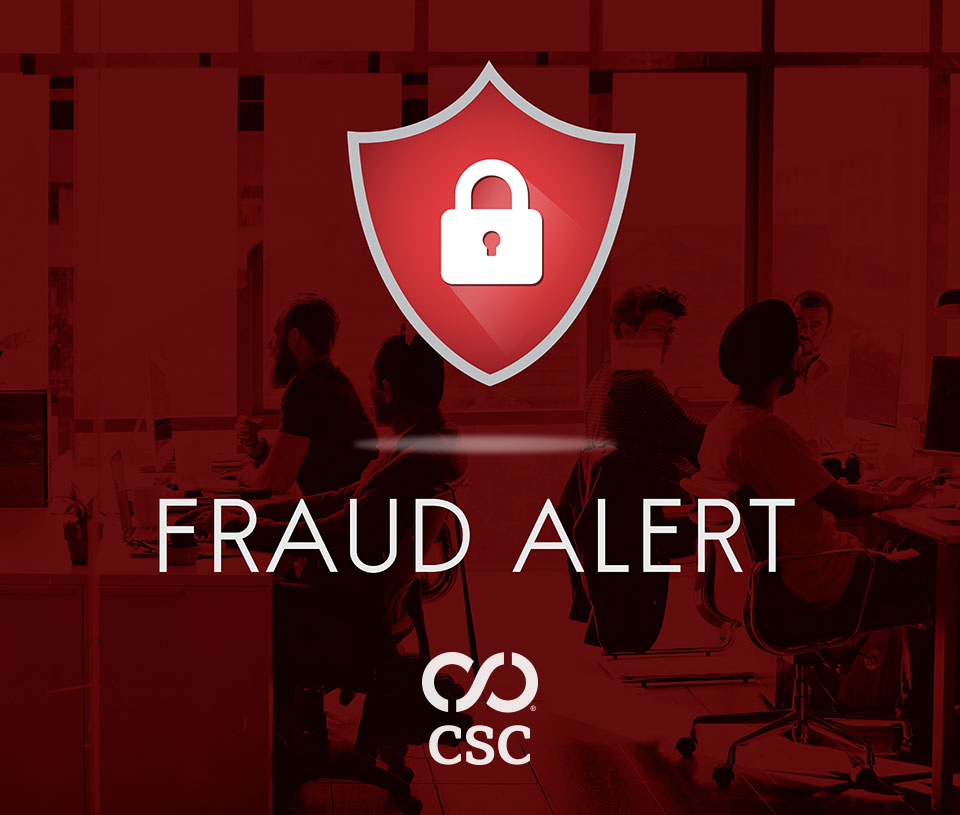
Brand Protection |
Sponsored by |

|



 Trademarks and brands are often among a company's most valued assets. Customers associate trademarks and brands with producer integrity. They engender consumer trust. Without TMs and Brands, companies struggle for attention and find it more difficult to link the company's integrity and trustworthiness in the marketing of its goods and services. Representing company promise and customer expectations, they are uniquely positioned to symbolize common values and aspirations. more
Trademarks and brands are often among a company's most valued assets. Customers associate trademarks and brands with producer integrity. They engender consumer trust. Without TMs and Brands, companies struggle for attention and find it more difficult to link the company's integrity and trustworthiness in the marketing of its goods and services. Representing company promise and customer expectations, they are uniquely positioned to symbolize common values and aspirations. more
Launching a social network based on a single domain name extension is seriously innovative, but such a concept also implies to give Trademarks a chance to protect themselves. I recently interviewed Cyril Fremont, the new operator of the .BEST Registry and also CEO of "THE.BEST Social Network" on his plan to allow Trademarks to protect their assets prior to the launching of the review network. more
 It's that special time again! Time to unwind, spend time with loved ones -- and to reflect on another 12 months of progress across the .brand movement. Over the last few years, we've used this end of year assessment and our efforts with MakeWay.World to show you how the industry is being embraced globally -- through a range of examples, statistics and predictions about how the year ahead will be our best ever. more
It's that special time again! Time to unwind, spend time with loved ones -- and to reflect on another 12 months of progress across the .brand movement. Over the last few years, we've used this end of year assessment and our efforts with MakeWay.World to show you how the industry is being embraced globally -- through a range of examples, statistics and predictions about how the year ahead will be our best ever. more
It is once again time for our annual review of posts that received the most attention on CircleID during the past year. Congratulations to all the 2018 participants for sharing their thoughts and making a difference in the industry. more
 Well, it's that time of year again. The time of year when I look back at all of the biggest domain news stories from the last twelve months, and also reflect on my predictions from last year. As expected, GDPR has had a major impact on the ability to access domain ownership information. And we did indeed see a number of M&A transactions over this last year. However, there wasn't a lot of new .Brand activity. This is one prediction where I may have missed the mark... more
Well, it's that time of year again. The time of year when I look back at all of the biggest domain news stories from the last twelve months, and also reflect on my predictions from last year. As expected, GDPR has had a major impact on the ability to access domain ownership information. And we did indeed see a number of M&A transactions over this last year. However, there wasn't a lot of new .Brand activity. This is one prediction where I may have missed the mark... more
 When properly used, the UDRP enables trademark owners to take control of abusive domain names. Yet sometimes the UDRP itself is misused by trademark owners to try to seize desirable domain names to which they have no legal entitlement. Is there a downside to misusing the UDRP to attempt a domain name hijacking? Unscrupulous companies at times misuse the UDRP by improperly invoking its power to compel a transfer of ownership in order to seize inherently valuable, non-infringing domain names that the companies desire for their own use. more
When properly used, the UDRP enables trademark owners to take control of abusive domain names. Yet sometimes the UDRP itself is misused by trademark owners to try to seize desirable domain names to which they have no legal entitlement. Is there a downside to misusing the UDRP to attempt a domain name hijacking? Unscrupulous companies at times misuse the UDRP by improperly invoking its power to compel a transfer of ownership in order to seize inherently valuable, non-infringing domain names that the companies desire for their own use. more
 Over the course of the last decade, in response to significant pressure from the US government and other governments, service providers have assumed private obligations to regulate online content that have no basis in public law. For US tech companies, a robust regime of "voluntary agreements" to resolve content-related disputes has grown up on the margins of the Digital Millennium Copyright Act (DMCA) and the Communications Decency Act (CDA). more
Over the course of the last decade, in response to significant pressure from the US government and other governments, service providers have assumed private obligations to regulate online content that have no basis in public law. For US tech companies, a robust regime of "voluntary agreements" to resolve content-related disputes has grown up on the margins of the Digital Millennium Copyright Act (DMCA) and the Communications Decency Act (CDA). more
 In the discussions proceeding the World Intellectual Property Organization (WIPO) publishing The Management Of Internet Names And Addresses: Intellectual Property Issues (Final Report, April 30, 1999) that ultimately led to the ICANN implementing the Uniform Domain Name Dispute Resolution Policy (UDRP) (1999) commentators considered three remedies to combat cybersquatting: suspending, cancelling, and transferring infringing domain names. more
In the discussions proceeding the World Intellectual Property Organization (WIPO) publishing The Management Of Internet Names And Addresses: Intellectual Property Issues (Final Report, April 30, 1999) that ultimately led to the ICANN implementing the Uniform Domain Name Dispute Resolution Policy (UDRP) (1999) commentators considered three remedies to combat cybersquatting: suspending, cancelling, and transferring infringing domain names. more
 A split Panel in an early decision under the Uniform Domain Name Dispute Resolution Policy (UDRP) held that parties deserve more than "[i]t depends [on] what panelist you draw." Time Inc. v. Chip Cooper, D2000-1342 (WIPO February 13, 2001). That's one side of the paradigm; the other side makes demands on the parties to prove their contentions, either of cybersquatting (one element of which is proving that respondent lacks rights or legitimate interests) or rebutting the claim (one element of which is respondent demonstrating it has rights or legitimate interests). more
A split Panel in an early decision under the Uniform Domain Name Dispute Resolution Policy (UDRP) held that parties deserve more than "[i]t depends [on] what panelist you draw." Time Inc. v. Chip Cooper, D2000-1342 (WIPO February 13, 2001). That's one side of the paradigm; the other side makes demands on the parties to prove their contentions, either of cybersquatting (one element of which is proving that respondent lacks rights or legitimate interests) or rebutting the claim (one element of which is respondent demonstrating it has rights or legitimate interests). more
 In the case of Avon Products, Inc. v. Jenika Mukoro, Heirs Holdings, a 3-member WIPO Panel denied the Complainant's efforts to have the domain name avonhealthcare.com transferred because the Complainant failed to sustain its burden of establishing that the Respondent had no rights or legitimate interests in the disputed domain name. The Panel found that the Complainant proved that its trademark AVON (which has been in use since 1929) is well-known in the field of cosmetics... more
In the case of Avon Products, Inc. v. Jenika Mukoro, Heirs Holdings, a 3-member WIPO Panel denied the Complainant's efforts to have the domain name avonhealthcare.com transferred because the Complainant failed to sustain its burden of establishing that the Respondent had no rights or legitimate interests in the disputed domain name. The Panel found that the Complainant proved that its trademark AVON (which has been in use since 1929) is well-known in the field of cosmetics... more